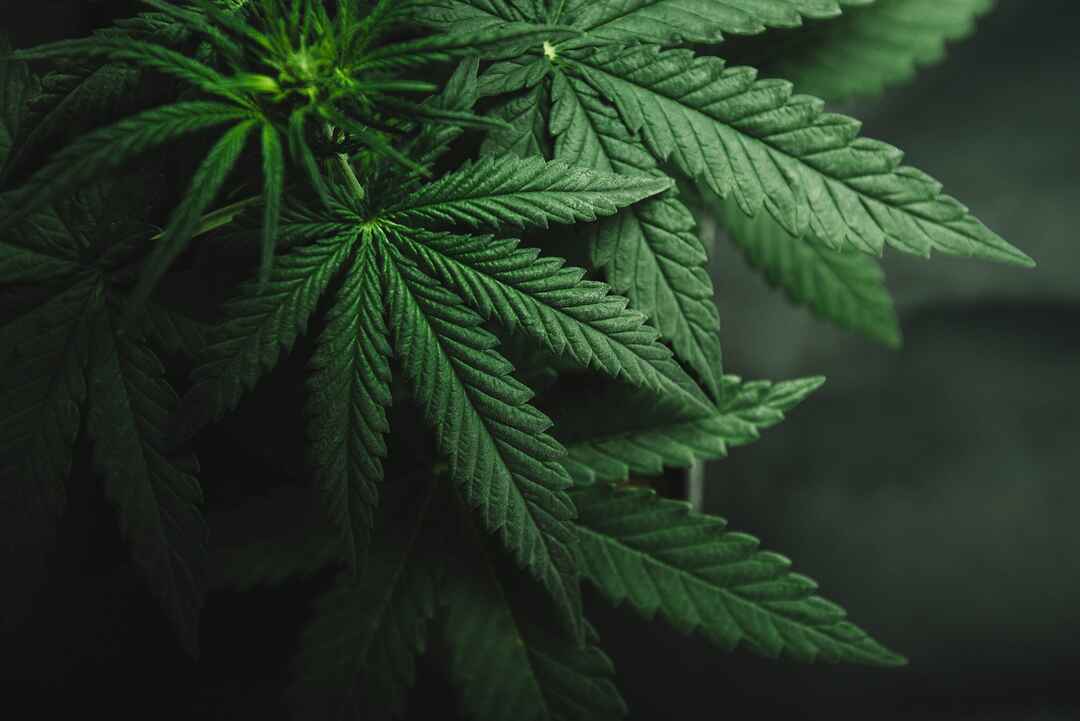
The Connection Between Depression and Marijuana Use
Depression and marijuana use have often been associated with one another. Being a serious mood disorder, depression is displayed by extended periods of extreme sadness, lethargy, and feelings of hopelessness.
Marijuana is the product of the psychotropic plant, cannabis, that can be inhaled or ingested, causing feelings of warm happiness and euphoria. It is common for depression and marijuana to be associated due to several factors.
Forms of Depression
According to the National Institute of Mental Health (NIMH), to be diagnosed with depression, one must experience depression’s symptoms for a minimum of two weeks. These symptoms can vary, as there are several forms of depression.
- Persistent Depressive Disorder: Depression symptoms must last two years to be diagnosed with persistent depressive disorder, varying between months of mild depression symptoms and periods with severe depression symptoms.
- Postpartum Depression: Postpartum depression can occur during or directly after pregnancy, triggering major depression symptoms and hindering the birthing parent from caring for themselves and a baby.
- Psychotic Depression: Psychotic depression occurs when a person has severe depression and psychosis. Psychotic symptoms often include a theme, or common thought processes, like guilt, shame, poverty, or illness.
- Seasonal Affective Disorder: Seasonal affective disorder (SAD) is characterized by the onset of depression symptoms when the fall and winter months roll around. This form of depression will normally lift in the spring and summer months, making managing symptoms easier during that time. While less common, some people experience SAD in the summer instead of winter.
- Bipolar Disorder: Bipolar disorder is not depression, but does feature depressive episodes that can last for extended periods of time. Depressive episodes are accompanied by extreme manic and active periods that will also last for extended periods of time.
Depression Symptoms
Symptoms of depression can vary depending on the form of depression one is diagnosed with. According to the NIMH, common depression symptoms include:
- Persistent sad, anxious, or empty mood
- Irritability
- Feelings of guilt, worthlessness, or hopelessness
- Loss of interest or pleasure in hobbies or activities
- Decreased energy and fatigue
- Moving or talking more slowly
- Feeling restless or having trouble sitting still
- Difficulty concentrating, remembering, or having trouble making decisions
- Difficulty sleeping, over-sleeping, or waking up in the early morning
- Appetite or weight changes
- Aches, pains, stomach cramps, digestion problems without clear physical cause
- Thoughts of death or suicide
- Suicide attempts
Effects of Marijuana Use
Marijuana use affects the brain by inducing a euphoric effect and is the most commonly used drug after tobacco and alcohol. The National Institute on Drug Abuse (NIDA) reports that a large number of teens and young adults use marijuana to feel these effects. The legalization of marijuana in many states has also prompted an increase in use and prevalence in people’s willingness to self-medicate for physical and mental ailments.
The short-term effects of marijuana include:
- Altered or enhanced senses
- Altered sense of time
- Changes in mood
- Impaired body movement
- Difficulty thinking or problem-solving
- Hallucinations
- Delusions
The long-term effects of marijuana include:
- Impaired brain development and learning functions
- Breathing problems
- Increased heart rate
- Problems with child development during and after pregnancy
- Intense nausea and vomiting
- Mental health problems
- Psychosis
Marijuana Addiction
A common myth about marijuana is that it is not an addictive drug. This is not the case. Anyone can become addicted to marijuana and, despite the misconception, marijuana addiction is quite common. Thankfully, marijuana withdrawal symptoms are milder than those of harder drugs, such as methamphetamine or opiates. Withdrawal symptoms include irritability, constant cravings for marijuana, sleeplessness, loss of appetite, and anxiety. If you think that you may be addicted to marijuana, you should seek treatment.
The Risk of Depression Resulting From Marijuana Use
A National Academies Press report shows that there is a slight risk of developing depression if a person is a long-term marijuana user. Heavy cannabis use is associated with developing depressive symptoms that can lead to a full-on form of depression. This does not mean that depression and marijuana use are not mutually exclusive, but it does mean that the change in the brain associated with marijuana use can trigger depressive symptoms.
Alternatively, if a person uses marijuana to self-medicate for depression, there is an increased risk that they may develop heavy use or addiction to marijuana. As displayed by the symptoms of depression and symptoms of marijuana use above, they do seem to counteract each other, giving a person the perception that marijuana helps depression. This is not the case, and medication for depression should be prescribed and administered by a doctor in order to avoid marijuana addiction.
There is a risk of developing depression due to heavy marijuana use. There is also a risk of addiction if a person uses marijuana to self-medicate depressive symptoms. Depression can feel awful and scary–especially for those who face suicidal thoughts. Your mental health is important and you should talk to your doctor if you’re feeling any symptoms of depression or marijuana addiction. For more help, come to RECO Intensive. At RECO Intensive, we understand the seriousness of depression and marijuana dependency. We want to help you feel better and be free of addiction. Our professional staff and experienced alumni can help you identify your symptoms, assess your moods, and create a treatment plan that is catered specifically to you. At RECO Intensive, we specialize in depression treatment, as well as marijuana treatment. We know that many who come to us need help with both. Call RECO Intensive today at (561) 464-6533. Let’s get back to a brighter future.